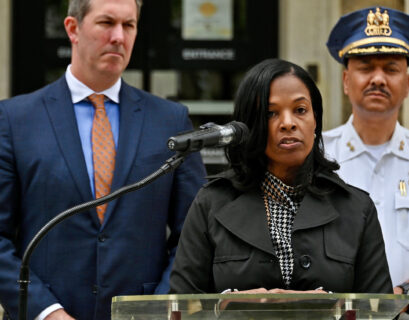The lewd deepfake images of the popular singer Taylor Swift that went viral were reportedly a result of an online competition hosted on 4chan. Participants were challenged to outsmart AI content filters by creating explicit content using applications like Microsoft’s Designer and OpenAI’s DALL-E.
Graphika, a social media analytics firm based in New York, identified the origin of these images on 4chan. The contestants utilized Microsoft Designer to generate inappropriate images of female celebrities, including Taylor Swift. Subsequently, these images were circulated in a Telegram group before being disseminated on other platforms.
In response to this disturbing trend, Microsoft has intensified its efforts to prevent the misuse of its services for creating such content. The company stated to The Register that they are actively investigating the issue and enhancing their safety measures to deter the generation of similar images.
The dissemination of deepfake images featuring Taylor Swift garnered significant attention on social media platforms before they were eventually removed. Graphika revealed that this competition targeted various prominent female personalities, underscoring the potential misuse of this technology against anyone.
The widespread circulation of these fake images, particularly those depicting Swift in compromising positions, has prompted calls for legislative action. The White House’s press secretary, Karine Jean-Pierre, urged Congress to address the concerning proliferation of such content.
In response, a bipartisan group of US senators introduced the Disrupt Explicit Forged Images and Non-Consensual Edits (DEFIANCE) Act of 2024. This legislation aims to empower victims to take legal action against individuals responsible for creating and sharing explicit AI-generated deepfakes. The senators leading this initiative highlighted a study indicating that the majority of deepfake videos are pornographic and are produced without the consent of the individuals depicted.
The DEFIANCE act was unveiled during a Congressional hearing where the CEOs of leading social media platforms were questioned about online child exploitation and inadequate safeguards in place.









